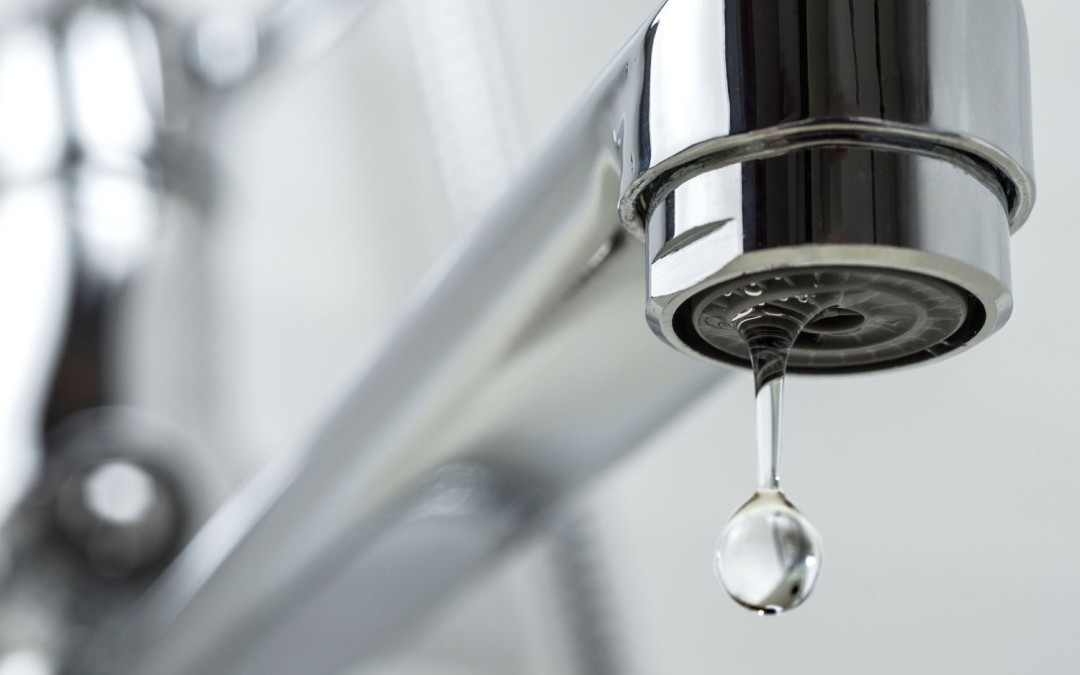Water is essential for many things, from manufacturing to growing food. This utility is necessary for homeowners who use it for cooking, cleaning, and bathing. That’s why poor water quality can be especially detrimental to people’s health.
Inadequate water quality can lead to illness, reproductive issues, and, in some cases, even death. Understanding the factors that could affect your water quality will allow you to keep your home safe and healthy so that you can live a good life.
Natural Contaminants
Groundwater doesn’t exist in a closed system. Quality often depends on various natural forces, such as erosion, which causes runoff and increases the amount of sediment in the water. Soil acidity can also play a significant role.
Vegetation plays a crucial role in slowing water movement by providing a barrier that helps protect the soil. This positive relationship means that planting trees and shrubs along riverbanks can improve water quality, giving local communities a valuable option when dealing with contamination. In the meantime, a proper different water filtration systems can help homeowners avoid many potential health issues resulting from poor water quality.
Salinity
Most water contains some salt, but too much can be harmful. Consuming high amounts of salt is poisonous for humans and can lead to damaged brain cells, resulting in a coma or even death. Furthermore, soils with too much salt lack essential nutrients, making agriculture more difficult.
There’s no easy way to reduce the amount of salt in drinking water. Existing processes are expensive and time-consuming, which is why it’s essential to protect local freshwater supplies. Some farmers use additives to decrease the salt in the water they feed their livestock and crops. They also may use cover crops for a short time to help draw the salt through the soil more evenly.
Local Climate
Some people don’t realize that the amount of rainfall and temperature in an area can impact the quality of water supplies. Large amounts of rain can cause flooding, carrying harmful pollutants and bacteria into local water supplies. On the other hand, droughts cause water to stagnate, further concentrating pollution in a smaller volume.
Due to the changing climate, residents need to be aware of ongoing weather patterns so that they can build more resilient water infrastructure. For individual homeowners, paying attention to boil advisories and limiting water use during big weather events can be crucial in improving water quality.
Human Activities
One of the biggest things affecting water quality is human activity. Pollution from pesticides and other chemicals, the dam construction, and high agricultural and commercial usage are all detrimental to local water supplies.
These human factors can affect your water quality, making it especially important to take the time to ensure your local sources are safe to use. Safe drinking water requires constant attention from the people who use it, making it especially important to understand the elements that impact its quality.
Finding Quality Water for a Safe and Healthy Home
With all these problems affecting water quality, it might seem like there are no reasonable solutions. It’s important to remember that there are tools and knowledge available that can teach you best practices when dealing with contaminated water.
For most people, learning about their local water source and any potential hazards will only be the first step in improving their water quality.

